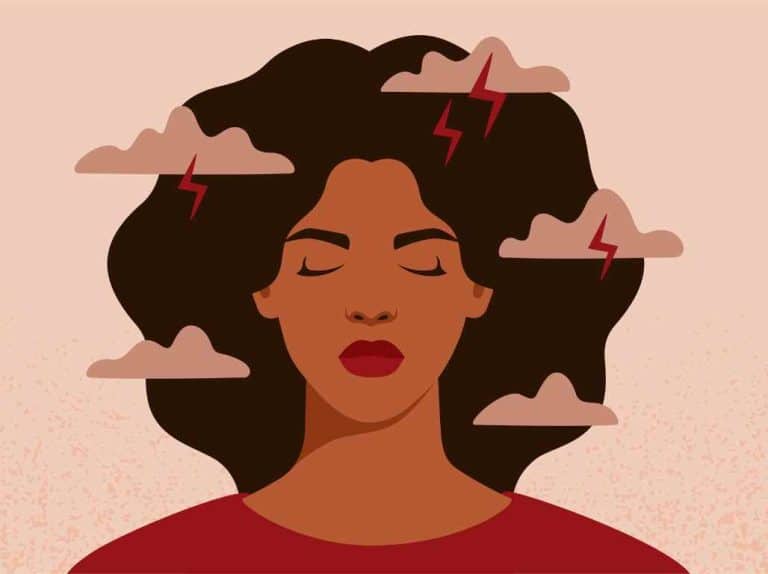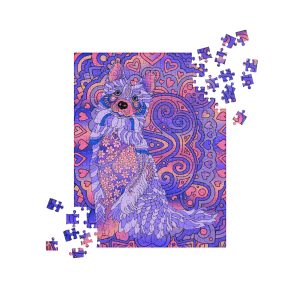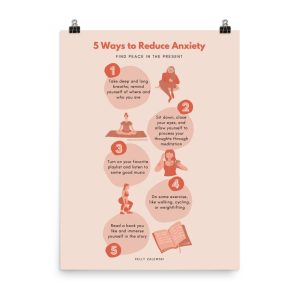

Do you know what unresolved grief is? I never thought about why my heart broke into a million pieces regularly over a death that occurred decades ago or what made me consistently sad. Now, I’m in the moment and don’t feel overwhelmed by sadness from the past. I focus more on little things around me that make me happy. I realized that grief was my go-to place. I returned, not to my happy place, but to my sad place. It was a habit, like negative self talk. We talk about mood habits all the time. It’s how you feel when you wake up, at different times of the day and when you’re triggered by people or situations. If you are grieving all the time, like I used to be, you may want to ask yourself: Where does it come from. And what does grieving do for you. We know that happiness makes us happy.
People know when you can’t be soothed and can’t get over something, and sometimes it affect your relationship. Think of people grieving over marriages ending ages ago, Covid deaths, loved ones who have died from overdoses. It’s important to figure out first, if you’re living with unresolved grief that’s recent. Second, what can you do to deal with it in healthy ways if it have been ongoing for a really long time. The goal may be to lift your mood can lift and enjoy life again. Unresolved grief is more common than we think. And now since Corona virus changed life as we knew it, the potential for unresolved grief and lasting emotional impact is even greater than before. But first, let’s clarify that grief for someone we lost is only one cause of lingering sadness. I grieved for my mother for 30 years, searched for her on the street, and sobbed when I saw other mothers and daughters having fun. Even shopping for clothes made me tearful because it was something we used to do together. My decades long reaction was beyond typical sadness, I had unresolved grief.
My mom died of cancer a few years after I married, and three weeks before my son was born. I was in my 20’s. A few months later my husband quit his job and didn’t find another for nine months. All four events, marriage, death of a loved one, birth of a baby, and loss of a job are high stress. My coping skills always kick in when times get tough, but I didn’t stop active suffering about my mom regardless of the other changes in my life. She was my focused unresolved grief.
People do get stuck in their losses, and it isn’t always a death. It can be a change of circumstance, or even marriage itself. And even more important, it can be a trauma like a sexual assault as a child, teen, or adult. It’s important to recognize what you’re feeling so you can take steps to lift the burden. For me and the loss of my mom, one problem was I did not have the opportunity of a proper “goodbye.” Even though I had sat with my mom throughout her illness and was pregnant for nine months of it, she never gave me her blessing or wished me well with my baby. She was not able to say goodbye, and she did not want me with her at the end. Doubly painful was the fact that my children grew up without a grandmother. This was cause for my grieving on their behalf, too. Grief is often about much more than just the passing because of the many extra feelings associated with it. Covid brought this not being able to say goodbye to new levels. This is also true for job loss which has happened to millions of people because of the Virus shutdowns. Changes of circumstances, moving, not having enough food, or not going to school or work can all produce lasting grief and lasting emotional trauma. There are some 40 life experiences that can cause grief.
In Covid 19, so many of the stressors I experienced are happening right now with millions of people who couldn’t be with their loved ones at the end of life. When you don’t have a chance to say goodbye, the pain can feel excruciating. I, at least could attend my mother’s funeral. Others are deprived of even that comfort. For me, not receiving blessings from my mom for me and my baby were a lasting injury, but I also had wanted her to know that I was with her at the end. That felt like a lasting injury to her. But look at the other traumas happening to so many people during this pandemic: New moms giving birth when celebrations aren’t possible. Not being able to get help from family members when you are most vulnerable. How about your or your husband/partner losing your incomes and being food insecure maybe for the first time in your life. These are only a few stressors that the grief cycle that could last decades. Grief about addiction is another kind of grief that can take hold and keep you stuck. Although sorrow is a normal reaction, unresolved grief has a more traumatic impact. As a result it can have a negative effect on one’s life. You may be asking yourself, “How do I know if I have unresolved grief?”
Although many of sufferers try to pretend that they are “over it” for various reasons, the following are some of the tell-tale signs that someone is grieving:
Young children may show unresolved grief by developing behavior problems or expressing fears about being alone, especially at night. If left untreated, the long term effects can be devastating to future relationships and every day activities, such as work and what used to be enjoyable hobbies. Here are some things that can be done to help resolve the unsettled feelings.
Everyone has a right to sad feelings. Even though others may not understand your feelings or fail to empathize with you, it is important for you to empathize with yourself. Depression can cause physical reactions, so it’s vital to know what’s hurting you and to address it directly. It is also important for you to empathize with children and teens who are suffering. Give everyone permission to process, naturally, the loss they have experienced.
No matter how small it may be, build a support network. Whether it is that one special friend who can listen without judgement, or an online group on social media. Always have someone to turn to if you need a shoulder to cry on or a new outlook in order to get you through a rough moment. Connections with people are the foundation of recovery. Use tools to help your children.
Unresolved grief can be caused by pretty much anything big or small. If something, someone, or an event was important to you. You may not even think something that happened long ago may continue to nag at you now. There are some 40 life events that can cause unresolved grief. Here are some:
There is no definite point in time or a list of symptoms that define unresolved grief. Unresolved grief lasts longer than usual for a person’s social circle or cultural background. It may also be used to describe grief that does not go away or interferes with the person’s ability to take care of daily responsibilities. People with unresolved grief who do not seek treatment are more likely to develop other mental health and physical problems.
Setting Healthy Boundaries in Relationships
If you love ROR content: Check out 100 Tips For Growing Up Follow us on Instagram










Copyright © 2023 Reach Out Recovery Services LLC | Terms and Conitions |. Site by Quadshot Digital